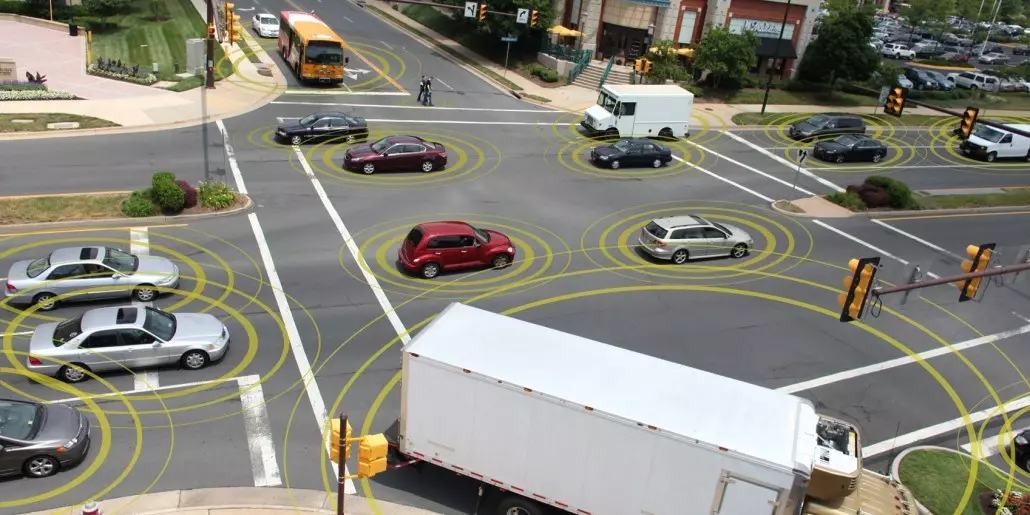Denominated C-Roads , this smart roads project has not only the support of the Portuguese Government, but also the European Union. Representing an investment, divided into equal parts, of 8.35 million euros, to be applied until the end of 2020.
According to the Diário de Notícias this Thursday, the C-Roads smart roads project is expected to cover around one thousand kilometers of Portuguese road network . Aiming not only to end deaths on national roads by 2050, but also to reduce traffic queues and reduce emissions resulting from road traffic.
“Over 90% of accidents are due to human error and the infrastructure must minimize the consequences of these errors. We have to bet on a new generation of roads and reduce, in a trend, to zero deaths in 2050”, explains Ana Tomaz, in statements to DN/Dinheiro Vivo, the director of the road-rail safety department at IP – Infraestruturas de Portugal.

Portugal among the 16 precursor countries
C-Roads involves, in addition to Portugal, another 16 countries of the European Union, allowing the implementation of the new generation of vehicles with autonomous driving technologies, permanently connected to each other and to the surrounding infrastructure.
FOLLOW US ON YOUTUBE Subscribe to our channel
At the same time, the project also aims to respond to the predictable increase in the number of cars circulating on the roads, which, according to the latest forecasts, should reach, by 2022, 6.5 million vehicles. That is, an increase of 12% compared to 2015.
Scheduled for this Thursday, The C-Roads project includes, in its implementation phase, the carrying out of five pilot tests on motorways, complementary routes, national roads and urban roads, with the support of the 31 partners already involved.

“There will be 212 pieces of equipment placed on the side of the road to communicate, plus 180 pieces of equipment installed on board 150 vehicles”, revealed the same source. Adding that, in Portugal, the calendar for the pilot tests “is still being designed”, everything points to the first tests starting in 2019.
